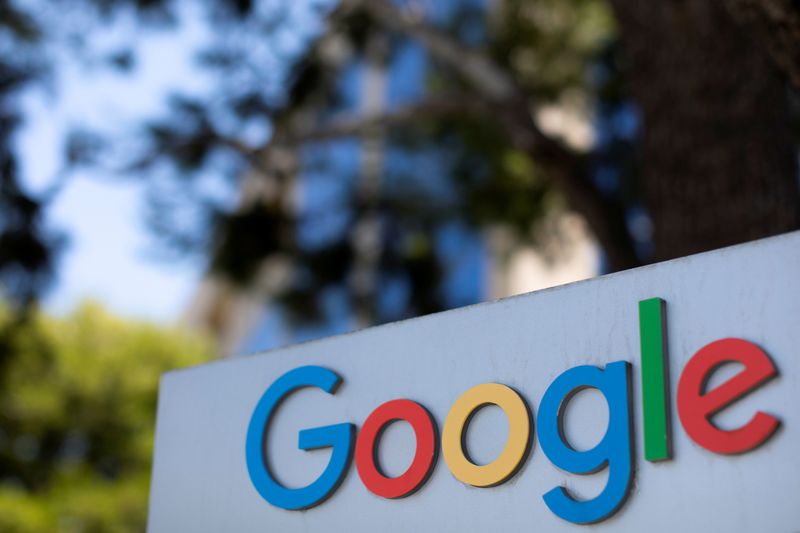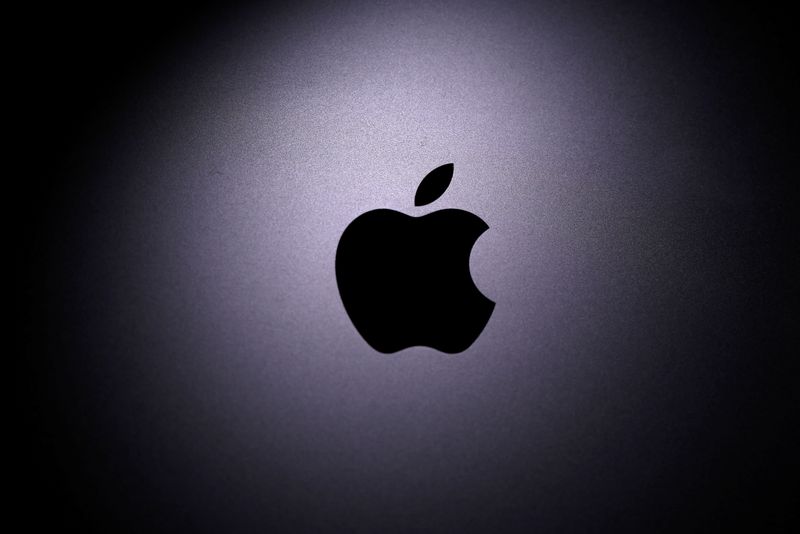OAKLAND, Calif. (Reuters) – Alphabet Inc’s Google has a better chance than Apple Inc at defeating Fortnite video game maker Epic Games in court over its allegations the two companies breached anti-trust laws.
Epic sued Google and Apple separately in U.S. district court on Thursday, accusing the companies of using their dominance to charge app developers an “exorbitant” 30% fee on sales and impose other restrictions that benefit their own businesses.
Nearly all of the world’s smartphones outside restricted markets such as China come with either Google’s Play store or Apple’s App Store.
But proving Play store rules violate antitrust laws may be more difficult than with the App Store.
While Apple requires all apps be installed through the App Store, Google allows such installation through several different app stores, in one of several key policy differences that could help it beat the allegations of anticompetitive conduct.
Google encourages phone makers to set the Play store as the default, and it erects security roadblocks when users try to download from some other options.
Those practices are drawing scrutiny from U.S. state attorneys general, people familiar with the matter have told Reuters.
But in the end, alternatives exist, said Nicholas Economides, a New York University economics professor who studies online marketplaces.
“Having other options definitely makes it a bit harder to say something is anticompetitive,” Economides said, speaking generally about app stores.
“With Apple, things are extreme because there’s no alternative whatsoever. That makes for a stronger potential case.”
Google spokesman Dan Jackson said that most Android phones were sold with multiple app stores installed.
He added that the Play store, in contrast to the App Store, allowed users to access apps paid for elsewhere, without requiring developers to include an in-app purchase option for potential new customers that is subject to the 30% fee.
Google also allows apps to encourage customers to make purchases outside of the app to avoid the fee.
Its greater flexibility last year enabled dating apps maker Match Group, for instance, to start offering its own payment tools in Tinder on the Play store – a tactic barred on the App Store.
Match spokeswoman Vidhya Murugesan expressed support for Epic Games’ lawsuit against Apple, but declined to comment on Epic’s Google filing.
The Netherlands’ competition regulator last year found as part of an investigation of app stores that Apple’s enforcement of its rules “is stricter” than Google’s, “and, as such, the complaints of app providers focus mostly on Apple.”
Developers are more reliant on Apple, with roughly 70% of U.S. app revenue coming from App Store users.
Epic did fine financially when it removed Fortnite from the Play Store for a recent 18-month period and directed users to alternative stores, said Shili Shao, who researched app stores over the last year at Yale University’s Thurman Arnold Project for antitrust studies.
“Epic has a weaker argument against Google because they have not been constrained as much,” Shao said.
Many apps are accustomed to Google collecting fees because they sell ads using its ads software, which collects fees as high as 40%. Developers do not have a comparable relationship with Apple.
The ad business also affords Google a unique way to appease frustrated developers.
While refusing to budge on the 30% app sales fee, Google offered Epic “preferential terms” on sponsorships and cloud services, according to its lawsuit.
Epic rejected the concession but rival Activision Blizzard Inc took it, the lawsuit said.
Activision, which did not respond to a request to comment, signed a multi-year strategic partnership with Google in January.
(Additional reporting by Stephen Nellis)

























